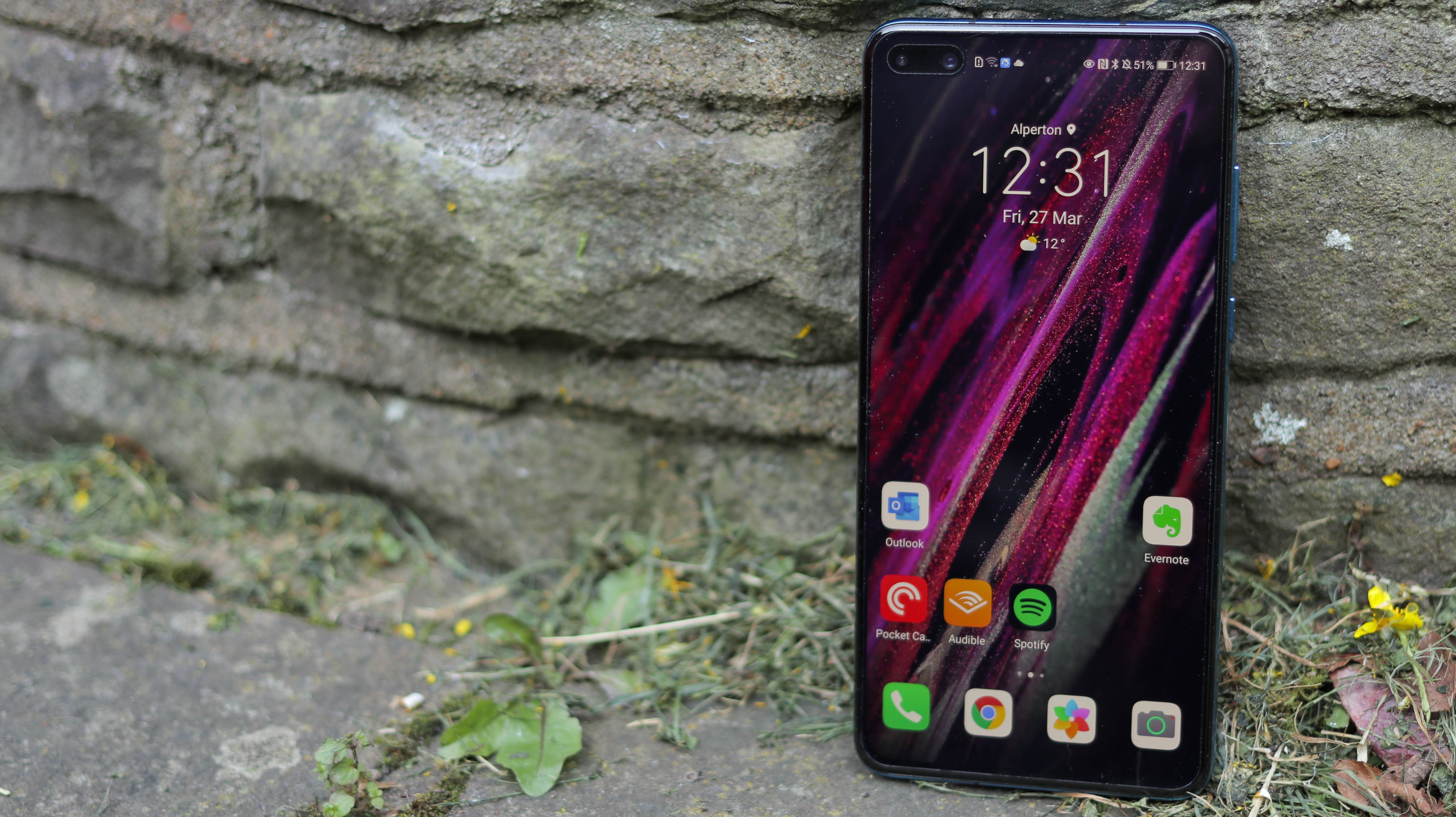Huawei P40 Pro doesn't have 120Hz refresh rate for these dubious reasons
An easy excuse

While many top-end phones like the Samsung Galaxy S20 and Oppo Find X2 have 120Hz refresh rates on their screens, when the Huawei P40 Pro launched it was revealed that the phones would only have a 90Hz refresh rate. Now we know why that is.
During the Huawei P40 China launch on April 8, company CEO Yu Chengdong discussed criticisms of the phone's refresh rate, as reported by IThome. Chengdong gave a few reasons that the company was happy with 90Hz, but we're not sure how many prospective customers would agree.
Firstly, Chengdong specified that the Huawei P40 Pro and P40 Pro Plus could actually have a 120Hz screen, but the company decided against it for battery optimization "and other aspects". It's not clear though why the company didn't offer the option of 120Hz or a lower refresh rate, as other phones do, so users could choose their own balance of battery and refresh rate.
- These are the best Huawei phones
- What do you need to know about the Huawei P40?
- What do we know about the OnePlus 8?
The "other aspects" of Chengdong's explanation is a little curious too, as it's never mentioned what these aspects are. This makes it a little hard to understand Huawei's thought process in putting out premium phones without a big premium feature.
Finally, Chengdong assured fans that the 90Hz of the Huawei P40 Pro is certainly very smooth, although it's uncertain if he's trying to suggest it's smoother than other phones with 90Hz displays (which, of course, it can't be, as it's literally exactly as smooth), or if he's stating that he feels 90Hz is smooth enough for a smartphone.
Of course, if you don't care about the refresh rate on your phone, you won't mind the Huawei P40 Pro and Pro Plus being 90Hz - not everyone needs, wants or even notices a screen that updates 90, or 120, times per second, over the 'standard' 60.
But if screen refresh times are important to you, you might not find the explanation of the Huawei P40's 90Hz refresh rate very convincing.
Sign up for breaking news, reviews, opinion, top tech deals, and more.

Tom Bedford is a freelance contributor covering tech, entertainment and gaming. Beyond TechRadar, he has bylines on sites including GamesRadar, Digital Trends, WhattoWatch and BGR. From 2019 to 2022 he was on the TechRadar team as the staff writer and then deputy editor for the mobile team.